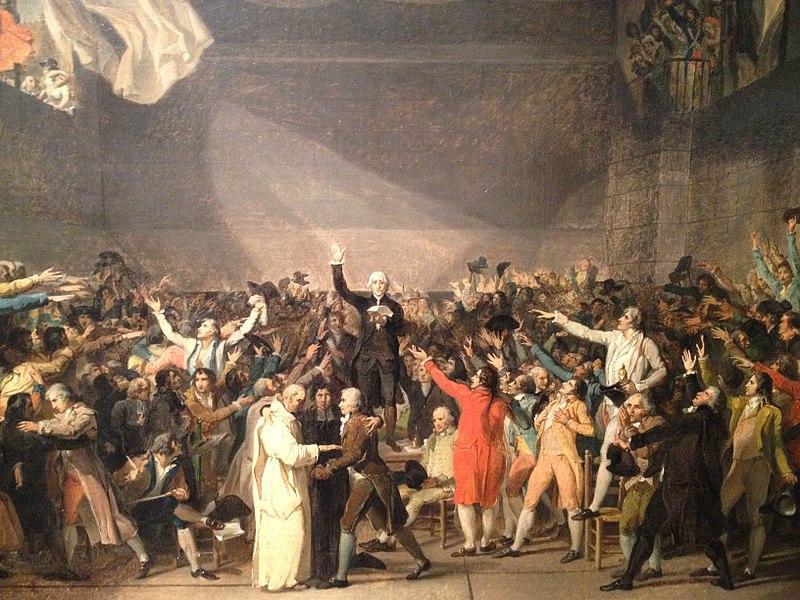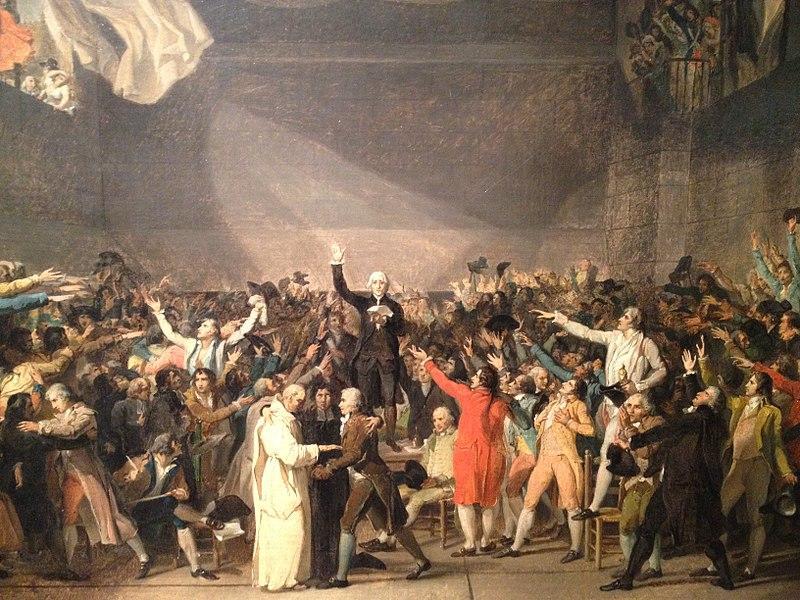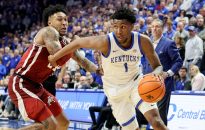The debate around NIL (Name, Image, Likeness) deals and player compensation is understandable, and yes, there’s a need for regulation, standards, and structured systems. Rest assured, those are on the horizon. But let’s be clear: this shift is a good thing. The NCAA had no business profiting off players for decades without fairly compensating them. […]


The debate around NIL (Name, Image, Likeness) deals and player compensation is understandable, and yes, there’s a need for regulation, standards, and structured systems. Rest assured, those are on the horizon. But let’s be clear: this shift is a good thing. The NCAA had no business profiting off players for decades without fairly compensating them. That exploitative system is finally dead, and I couldn’t be happier.The old way is gone—and good riddance. The future of college sports looks brighter than ever.
Here’s a great vision for the future: 5 years of eligibility to play over 5 years. From there, athletes either make it to the NFL, move on to a league like the UFL, or pursue a career in another field. It’s a system that prioritizes fairness and opportunity for everyone involved.Let’s face it—college sports have been professional for years. Programs like Clemson regularly pack 80,000+ fans into stadiums. How is that not professional? The difference now is that players are finally getting a share of the wealth they’ve generated.Even more exciting is the prospect of a new super conference, independent of the NCAA. It’s time to leave behind the SEC, B1G, ACC, and the biased narratives pushed by ESPN. A fresh, unbiased structure for college football could make the sport fairer and far more enjoyable.














